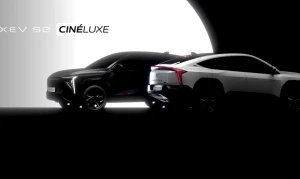Gadkari: Alternative Fuels to Drive India to Top Global Auto Rank
- Union Minister Nitin Gadkari’s pitch, the timeline he envisions, and the tech behind the push.
- Jobs, cleaner air, and a shot at the world’s No. 1 auto spot.
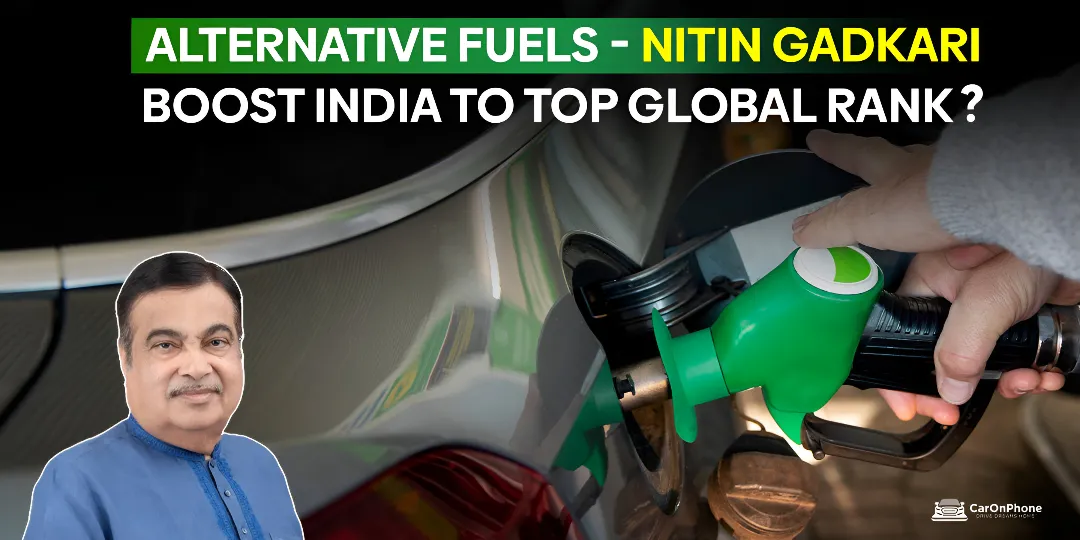
Alternative Fuels are not a side bet anymore, at least not in Hon. Minister Nitin Gadkari’s playbook. Speaking in Pune, he tied cleaner energy to India’s ambition to lead the global automobile industry.
The message was simple enough to travel: cut pollution, boost farmers, and build a bigger auto future. The setting was World Biofuel Day, hosted by Praj Industries, and the intent felt unmistakably urgent.
Catch the latest launches and updates on CarOnPhone!
Why is Union Minister Nitin Gadkari betting big on Alternative Fuels?
Gadkari says India can climb from its current third place in autos to number one if the country leans into Alternative Fuels and links energy policy with agriculture.
He called out a sweeping linkage across ecology, environment, economy, and ethics, then pointed to a sector already worth ₹12 lakh crore, employing 4.5 crore people and paying the most GST.
The air is a credible factor too, since vehicles contribute a big chunk to India’s pollution problems. His pitch lands as both an environmental and industrial strategy worth implementing.
How soon could India get there with Alternative Fuels?
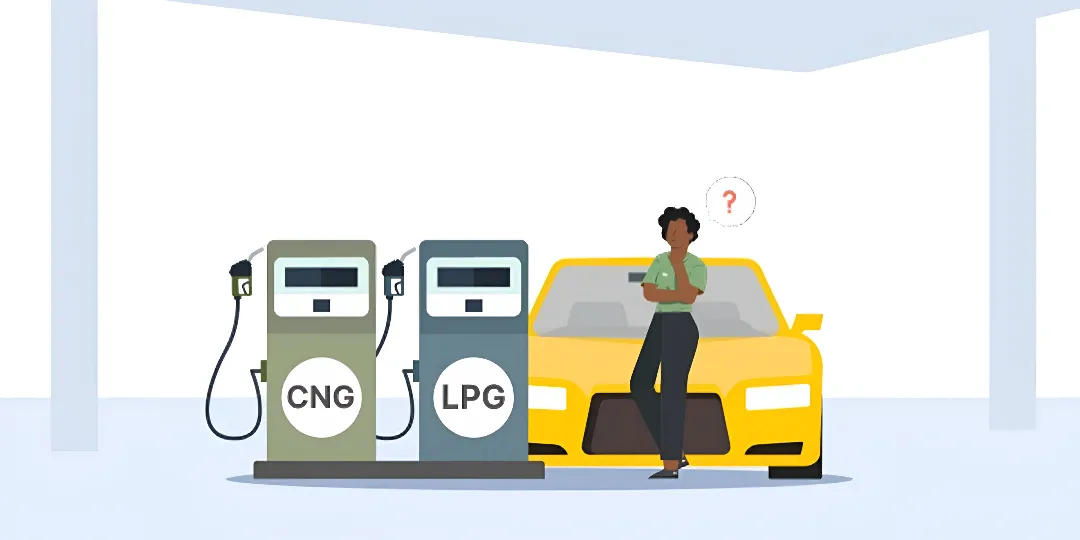
His timeline is bold. The Honorable Minster Gadkari believes the top global spot is within reach in approx. 5-6 years. But that’s only if the transition stays focused and fast.
He argues that research and innovation across ethanol, methanol, biodiesel, LNG, CNG, electric, and hydrogen can swiftly influence momentum. India is already third, and he considers the last mile to include execution, scale, and policy follow-through.
Which technologies are on the table in Alternative Fuels India?
Think practical, not just futuristic. Ethanol blending is already moving, with flex-fuel engines part of the near-term mix.
Methanol and biodiesel target heavy duty use cases, while bio-LNG and CNG ease fleet transitions. Electric and hydrogen round out the long-run vision for cleaner transport.
The menu is wide by design, so different segments can pick what works without waiting on one silver bullet.
What does this mean for farmers and the wider economy?
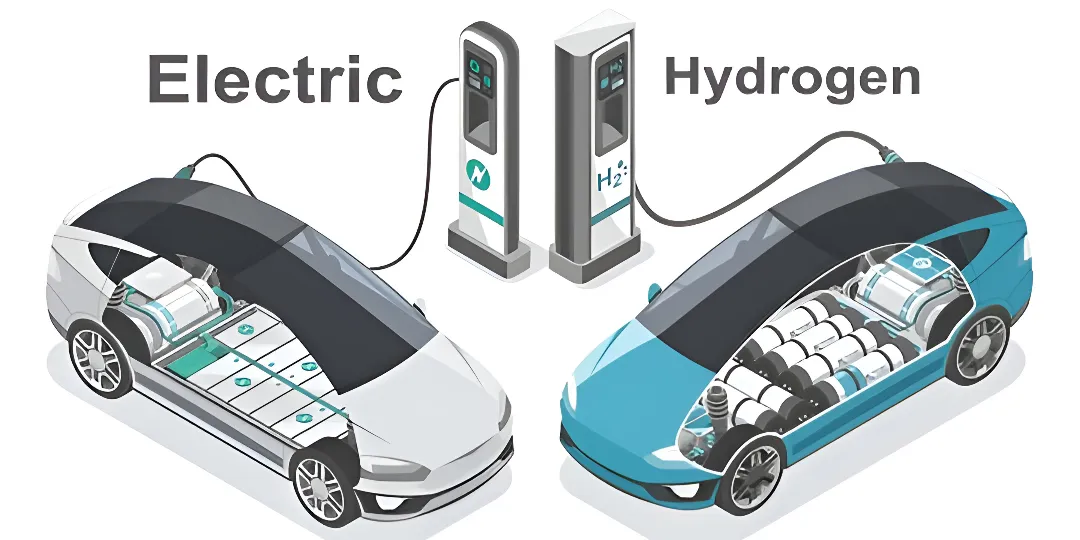
Gadkari links fuel to fields. He points to ethanol from grains like corn, noting how policy support has lifted prices for farmers in places like Bihar.
The idea is to redirect energy spend back into rural incomes, cut import dependence which sits near 85%, and stabilize cash flows for producers like sugarcane growers.
If agriculture’s GDP share rises meaningfully through energy diversification, the benefits could ripple far beyond fuel pumps.
Can Alternative Fuel India cut the import bill and clean the air?
That is the bet. Fossil fuel imports worth around ₹22 lakh crore weigh on the exchequer and the environment. Gadkari’s argument is that a serious biofuel and clean-tech push can reduce the bill as well as the smog, in one stroke.
Some industry voices go further, suggesting bioenergy could replace a large slice of fossil use over the next few years if execution is sustained. The direction is clear even if the pace will depend on policy, capital, and adoption.
Where does funding and infrastructure fit in?
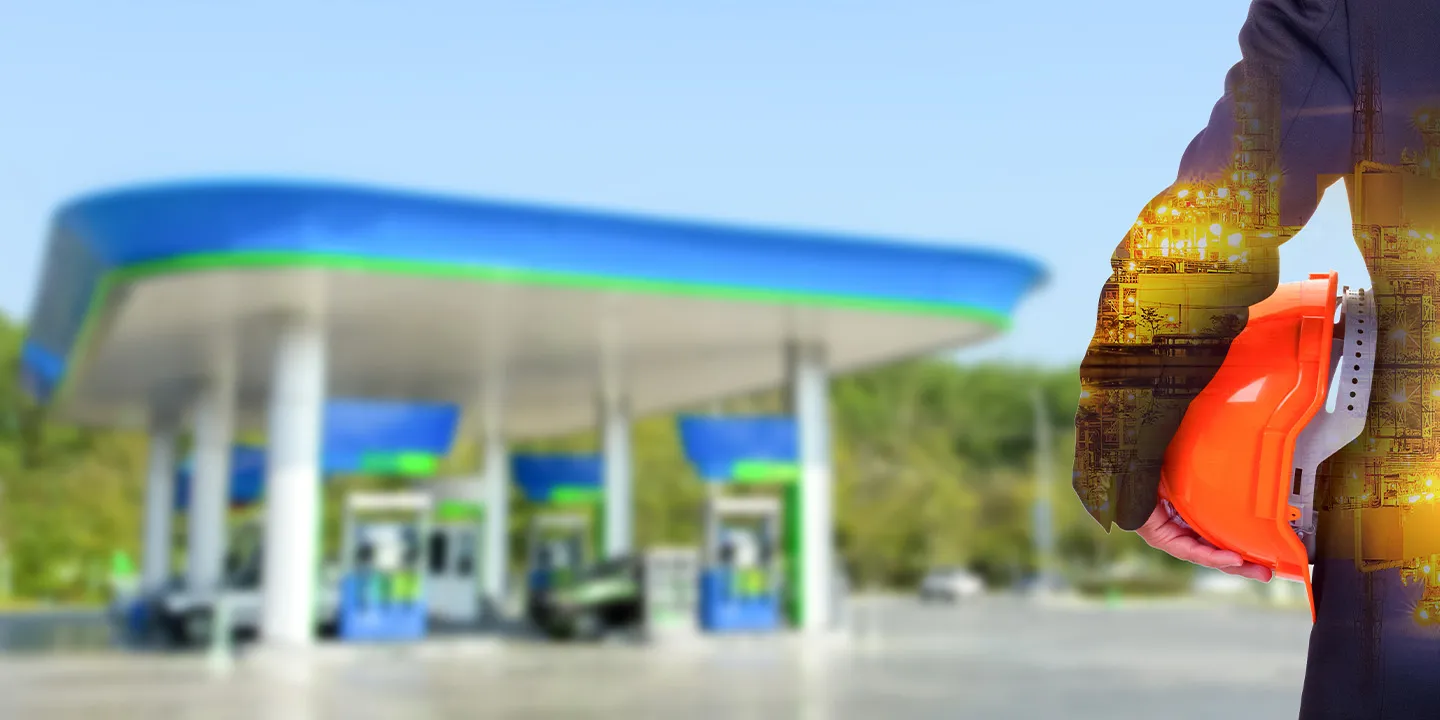
When it comes to finances and funding, Union Minister Nitin Gadkari seems untroubled. He has cited strong market appetite for infrastructure bonds and points to highways as proof of delivery capacity.
On fuels, he talks diversification: ethanol from multiple grains, bamboo on wastelands, hydrogen pilots, and even fuels from municipal waste with potential tie-ins to road construction.
It is an everything-that-works approach aimed at speed and scale.
What should you check next on Alternative Fuels?
Keep an eye on three things.
- First, blending targets for ethanol and how quickly flex-fuel vehicles go mainstream.
- Second, pilot-to-scale moves in hydrogen and methanol for heavy transport.
- Third, how procurement, pricing and logistics support farmers, because the farm-to-fuel bridge is central to this plan.
If those pieces click, India’s push on Alternative Fuels could move from promise to position.
Tags:
CarOnPhone is your one-stop destination to see all upcoming cars, latest cars, released cars, and EV Cars, and compare Cars in all Car Brands. Stay tuned and follow us to update yourself on the automotive world.

